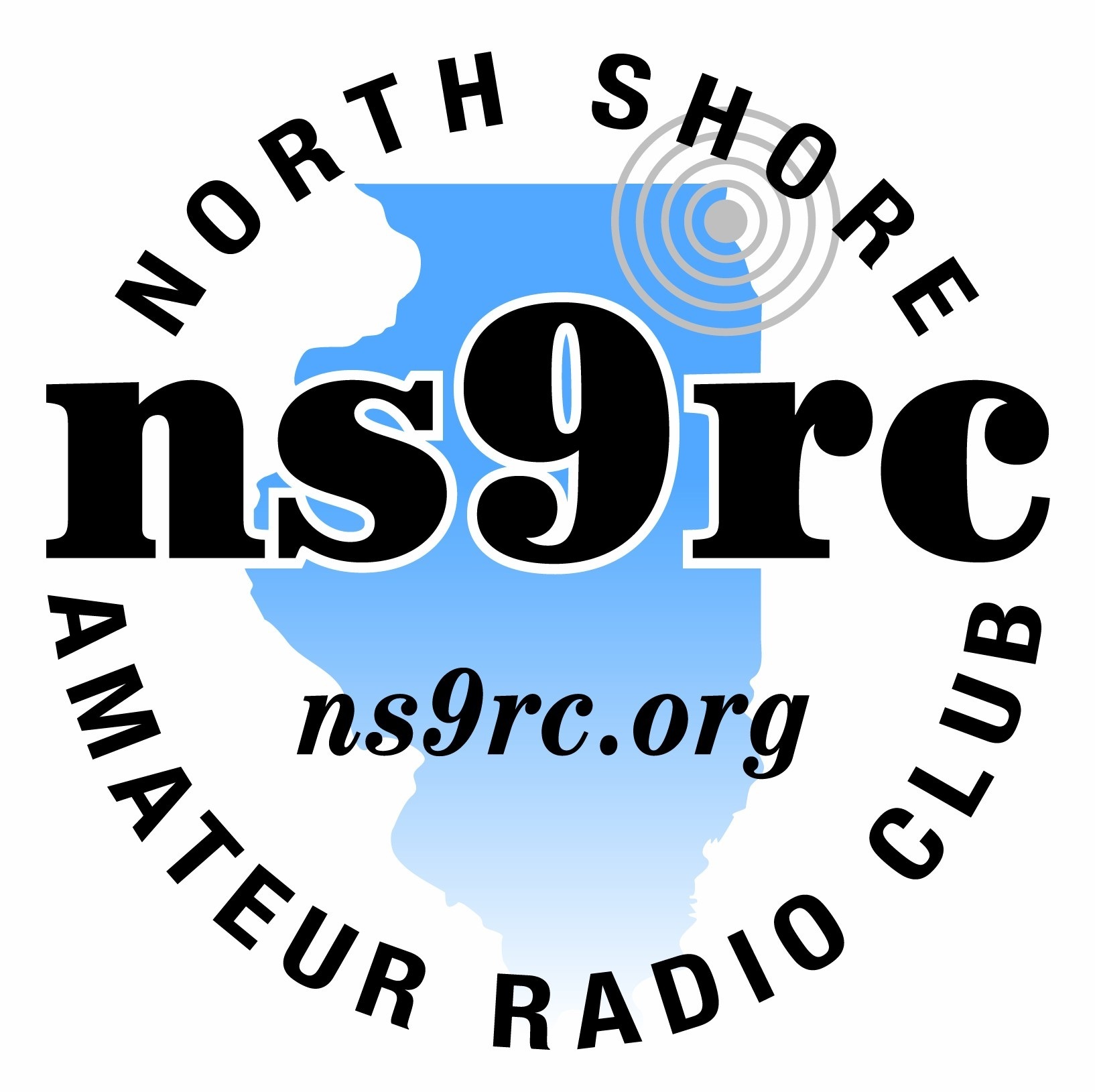May musings
March and April flew by in a buzz…or maybe I am just getting old? (I won’t admit that if pressed.) In the past couple of weeks, I have been working on a number of grant proposals on behalf of our club and we are often asked to describe what the North Shore Radio club does. On the one hand, there is a simple answer. I often turn to a statement in our By-Laws: “The Club is organized primarily for public service; educational and scientific purposes to advance the art and science of amateur radio communication provide educational programs of interest in the technical aspects of amateur radio and provide disaster, emergency or public service amateur communications without pecuniary gain.” That about says it all! Right? Or does it? I have always been intrigued by the line “scientific purposes” because we don’t discuss that very much and I have been told that phrase was included to satisfy some legal requirement to qualify us as a not-for-profit (sidebar…I have to tell you, I am forever grateful for the incredible work done by our club’s forefathers. They did things right for us…and we enjoy the benefits. To apply for not-for-profit status today is a rigorous course.) So, back to that science line, I have been reflecting back on some of the things that Kermit Carlson mentioned about how we will be inheriting some new frequencies that will soon be made available. For years, hams have pioneered new ways to use some of the frequencies that others have discarded or the world felt was useless. Of course, because of that, we are now seeing some of our more valuable real estate being deeded back for commercial products. Fact is, this is one aspect of our heritage that we can be most proud, and one that I am eager for us to do more. I enjoy exploring various ways to test or create new communication modes… makes me wonder, if we should teach the scientific process along the way? I have benefited greatly from the Elmering others have shown me on how to trace down a bad circuit or try out some new software. There is a method to all of this stuff.
Exactly what is amateur radio? Now that is the more complicated part of the question. I re-Tweeted a post recently about the difference between an amateur and a professional. We seem generally nagged by the “amateur” in our collective name, even though it is meant to suggest the name for an unpaid devotee. The passion for our work generally is no different from a pro, and perhaps that is why so many of us use the term, “ham radio” instead of amateur radio? I don’t know. I am heartened to see that many of the official public service organizations have come around to really giving ham radio a seat at the table again. FEMA and others have acknowledged the potential benefits of supporting the ham community – it is up to us to do the work to earn a place at the table. Fortunately, today, there are many more opportunities for those inclined to public service. Still, I get the question often, what is ham radio? Do you still do ham radio? Is it valuable even in these times with such robust cell phone coverage? (Well, you all know the answer to that, I hope). Explain what this hobby is to someone who is not a techie (and that might be almost anyone) and you quickly realize it is not easy. It is a hobby, a public service, a way to learn, a way to spend excess money…but it is also a great way to meet smart, engaged people from all walks of life. What other activities bring people from so many different walks of life together? Doctors, lawyers, accountants, plumbers, police officers, heck, even rock stars all enjoy ham radio? What is the attraction to this hobby? I suspect we all have our own answer to that question, but, I would love to know. Drop me a line and tell me what makes this hobby work for you.
73, Rob K9RST
